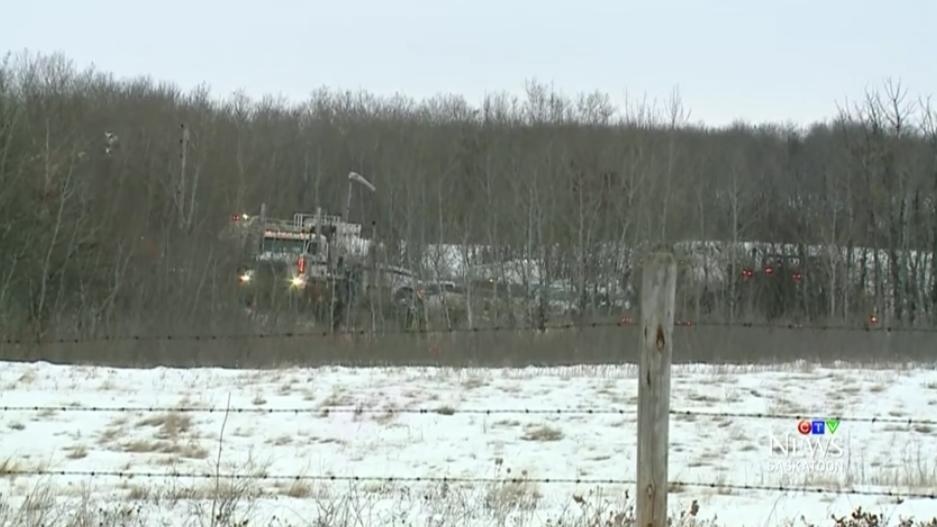

An oil pipeline has leaked about 200,000 liters, or 52,834 gallons, of crude onto an aboriginal community in the oil-rich province of Saskatchewan, Canada.
This is the province’s largest pipeline breach since July’s disastrous 225,000 liter (59,438 gallon) Husky Energy Inc spill, in which some oil entered the North Saskatchewan River and cut off drinking water supply for two cities.
200K litres of oil spills onto First Nations land near Stoughton https://t.co/gWQtNR4NBa pic.twitter.com/aymhMLTmWb
— CBC News (@CBCNews) January 24, 2017
The latest spill happened on reserve lands of the Ocean Man First Nation. Ocean Man Chief Connie Big Eagle told Reuters that a local resident smelled the scent of oil for a week, located the spill and brought it to her attention on Friday.
While no homes were affected, the spill is about 400 meters (1,320 feet) from the local cemetery, Big Eagle said.
The Saskatchewan government was informed of the spill on late Friday afternoon, but the public was only notified of the spill on Monday.
Doug MacKnight, assistant deputy minister of the petroleum and natural gas division in the Economy Ministry, told reporters that the delayed announcement was due to the government not knowing the spill volume until Monday morning.
“At that point we felt it was prudent to let everyone know what we were up to,” MacKnight said.
The pipeline was shut down after the breach was discovered. It is currently unclear how the leak happened or which company operates the underground pipeline that breached, as multiple pipelines operate around the site of the leak.
“There are a number of pipes in the area,” McKnight said. “Until we excavate it, we won’t know with 100-percent certainty which pipe.” Excavation of the affected line is planned for Wednesday and will be sent for testing.
Tundra Energy Marketing Inc, which owns a pipeline near the spill, has been handling cleanup efforts since Saturday. As of Monday, 170,000 liters (44909 gallons) have been recovered.
According to the Regina Leader Post, the Ministry of Environment was notified of the spill on Friday afternoon, with the government saying it came from a Tundra-owned line.
Chief Big Eagle also told Retuers, “We have got to make sure that Tundra has done everything that they can to get our land back to the way it was. That can take years.”
“They have assured me that they follow up and they don’t leave … until we are satisfied,” she added.
MacKnight said that the oil spilled onto low-lying agricultural land that contains a frozen slough and did not enter any water sources such as creeks or streams. At this time, the spill has reportedly not affected air quality or wildlife.

 233k
233k  41k
41k  Subscribe
Subscribe 